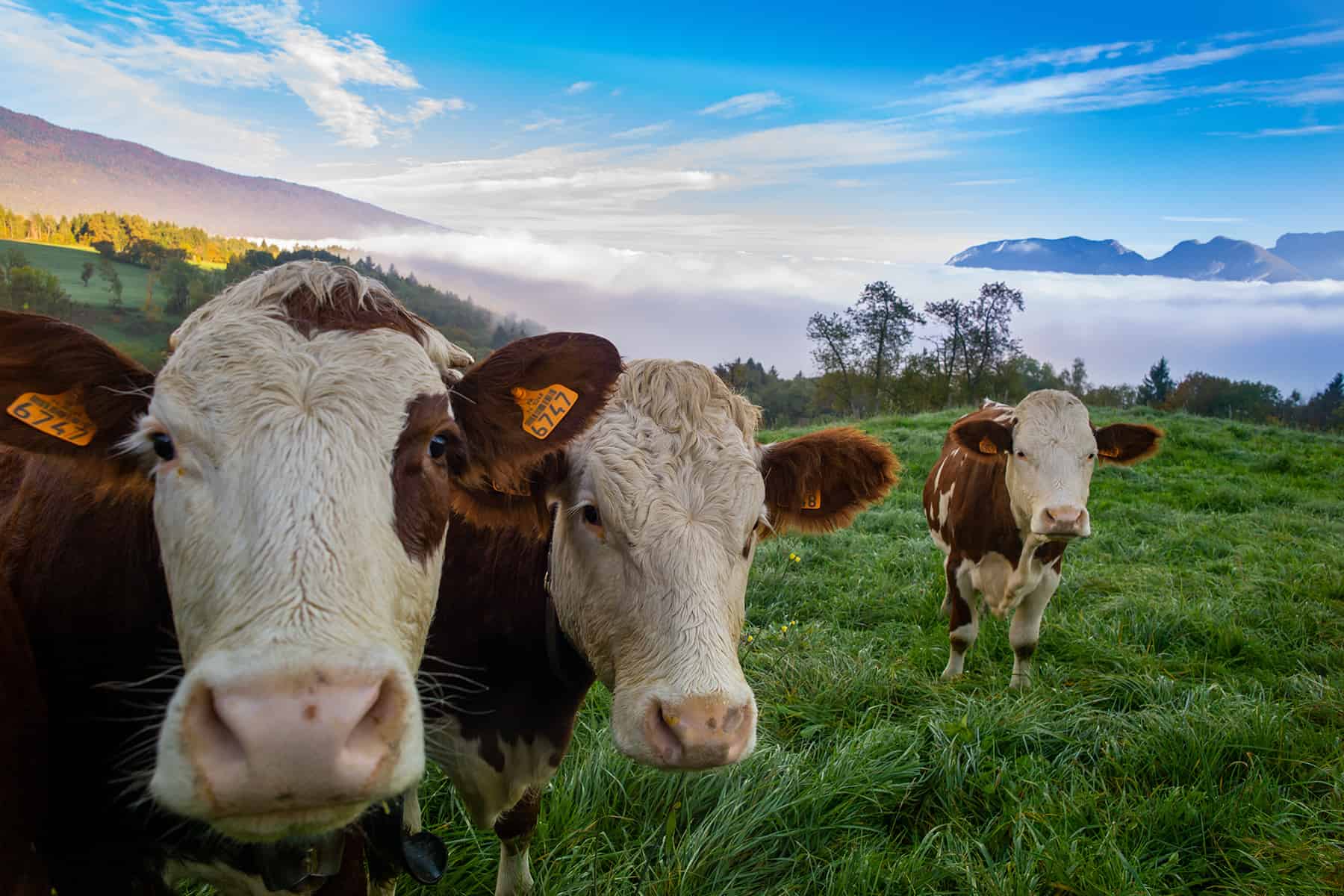In today’s modern agriculture, Cattle tracking with RFID has emerged as a game-changing technology. This innovation allows farmers to efficiently manage their animals while increasing productivity and animal welfare.
HOW DOES RFID WORK IN CATTLE TRACKING?
Radio Frequency Identification (RFID) technology uses wireless communication to track and manage cattle. RFID tags attached to the animals’ ears store basic information. These tags contain a unique identification number that allows individual animal tracking.
BENEFITS OF CATTLE TRACKING WITH RFID
IMPROVED LIVESTOCK MANAGEMENT
RFID-based cattle tracking simplifies herd management. Farmers can quickly locate and identify individual cattle, enabling better maintenance and monitoring.
IMPROVED HEALTH AND WELFARE
RFID systems monitor animal‘s behaviour and vital signs, resulting in early detection of health problems. Moreover, this proactive approach improves animal welfare.
RFID WORKFLOW IN CATTLE TRACKING
LABELLING AND DATA COLLECTION
The process starts by sticking RFID tags in the ear of each cattle. These tags contain a microchip with a unique identification number. When the cattle pass through a designated area, RFID readers collect data from the tags.
DATA TRANSMISSION AND STORAGE
The collected data is transmitted wirelessly to a central database. This database stores information about each animal, including health records, feeding programme and location.
REAL TIME MONITORING
Farmers can access this data in real time through specialised software. They can monitor individual cattle to ensure they are in the right place and receiving the appropriate care.
WARNINGS AND NOTIFICATIONS
RFID systems can send automatic alerts if an animal leaves the designated area or exhibits abnormal behaviour. This enables quick response to potential problems.
INCREASING EFFICIENCY AND PRODUCTIVITY

Cattle tracking with RFID
Cattle tracking with RFID significantly increases the efficiency and even productivity of livestock operations. Here are some ways to achieve this
INVENTORY MANAGEMENT
Farmers can quickly inventory their herds and therefore reduce the risk of errors in people counting. This makes it easier to buy, sell or trade cattle.
NUTRITION
RFID systems help to monitor the feeding habits and nutrient intake of cattle. This data helps farmers optimise feeding programmes and identify animals that may need dietary adjustments.
BREEDING PROGRAMMES
RFID technology helps manage breeding programmes by tracking the reproductive history of individual cattle. This ensures controlled and optimised breeding cycles.
DISEASE CONTROL
Early detection of disease is essential in preventing outbreaks. Thus, RFID’s real-time tracking capabilities help to detect sick animals immediately, minimising the spread of infections.
ECONOMIC AND ENVIRONMENTAL BENEFITS
Cattle tracking with RFID not only benefits farmers. It also contributes to sustainable agriculture.
REDUCED COSTS
Efficient cattle management reduces operating costs by minimising labour, avoiding losses and optimising resource allocation.
ENVIRONMENTAL SUSTAINABILITY
RFID technology ensures that each animal receives the right amount of feed and resources, reducing wastage and clearly supporting sustainability in agriculture.
CHALLENGES AND CONSIDERATIONS IN CATTLE TRACKING WITH RFID

While Radio Frequency Identification offers many advantages, there are also some challenges to consider:
INITIAL INVESTMENT
Implementing RFID systems requires an initial investment in equipment and software. However, the long-term benefits often outweigh these costs.
DATA SECURITY
The protection of the data collected by RFID systems is therefore very important. Farms need to implement robust cyber security measures to protect sensitive information.
INTEGRATION WITH EXISTING SYSTEMS
Integrating RFID systems with existing farm management software can be complex. However, it is necessary to maximise efficiency.
CONCLUSION: A BRIGHT FUTURE WITH RFID CATTLE TRACKING
RFID cattle tracking is revolutionising the way farmers manage their herds. This technology offers improved efficiency, enhanced animal welfare and economic benefits, while contributing to sustainable farming practices. As the agricultural industry continues to evolve, RFID will play a vital role in ensuring the welfare of livestock and the success of cattle operations. But adopting this technology today is a step towards a more prosperous future in agriculture.

